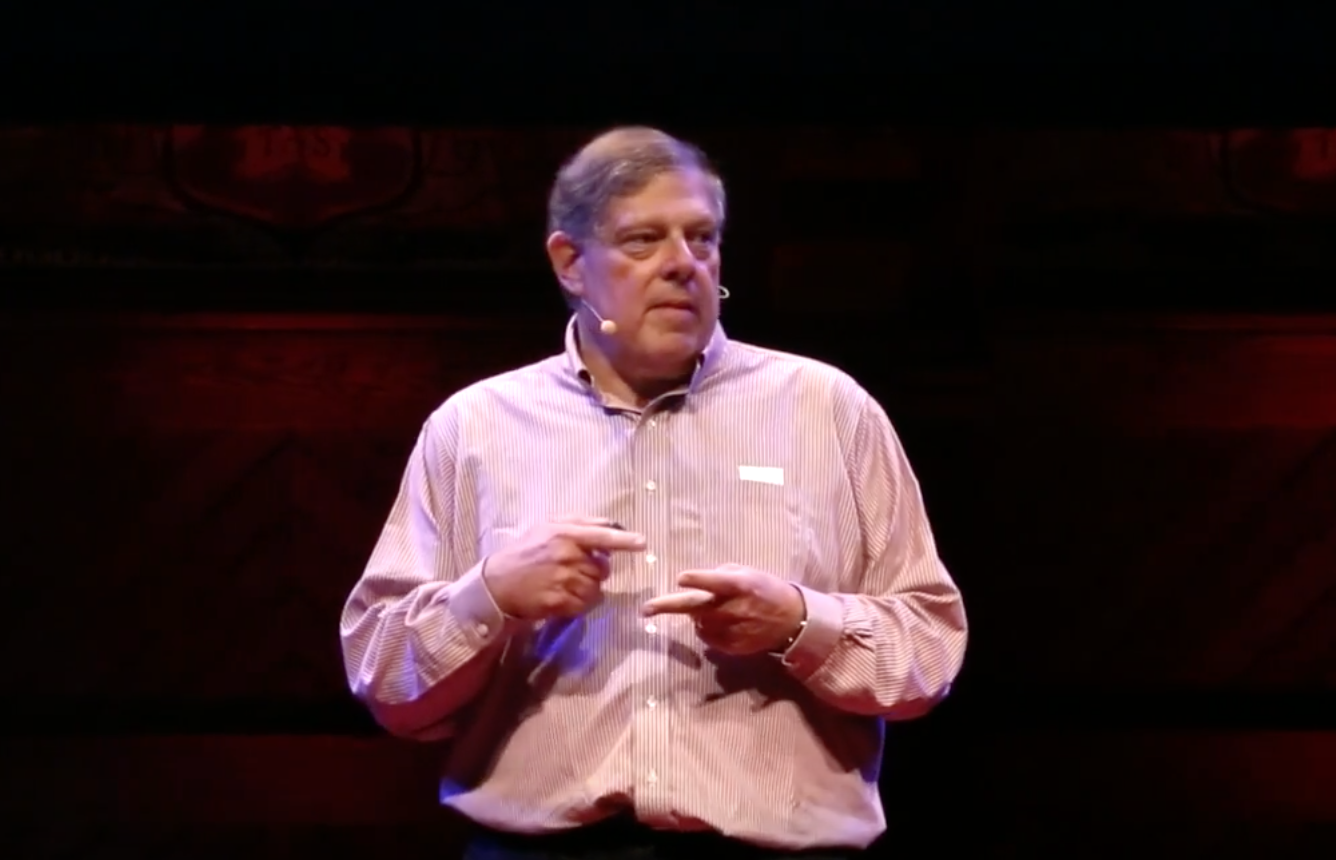Time Magazine: In Search of the Changing American Voter

By MARK PENN
Published June 21, 2012
The 137 million voters registered to go to the polls this November will not look like the 131 million who voted for President in 2008. And they are vastly different from the 96 million who voted the year Bill Clinton was re-elected. The U.S. has been changed by circumstance, economics, demographics and the simple passage of time. We are a youth-obsessed country that has never been older. We think of ourselves as politically polarized, but the edges are shrinking as the political center expands. The two campaigns are focusing on the ethnically static industrial Midwest while Latino voters in the South and West boom. We talk of ourselves as a nation of struggling workers, but the votes that matter most may be the swelling ranks of high-earning, college-educated professionals.
In this complex landscape, battlegrounds appear to be everywhere. Barack Obama must match or improve on his remarkable 2008 showing among Latino voters. That seems likely but is not guaranteed. Mitt Romney enjoys a striking advantage among America’s fast-growing senior-citizen set, which is worried about the economy. Independents are almost evenly split, with Romney enjoying a slight advantage. Which means the election will be decided by a hard-to-typecast kind of voter, one likely drawn from the growing ranks of new professions that have emerged from the U.S.’s high-tech and services-based economy. Neither candidate has captured the hearts, heads or wallets of these voters, many of whom earn six figures. Quite the contrary: it defies political logic that Obama has made higher taxes on upper-income voters such a critical part of his campaign when those same voters are in a position to determine the outcome. Romney risks losing them with even the slightest appeal to voters on conservative social issues. These voters are pro-technology and internationalist in outlook and are, as a group, at the core of the U.S.’s competitive advantage. Like three other voter groups, they are up for grabs in 2012.
Read More at Time Magazine (Subscriber Only Access)

